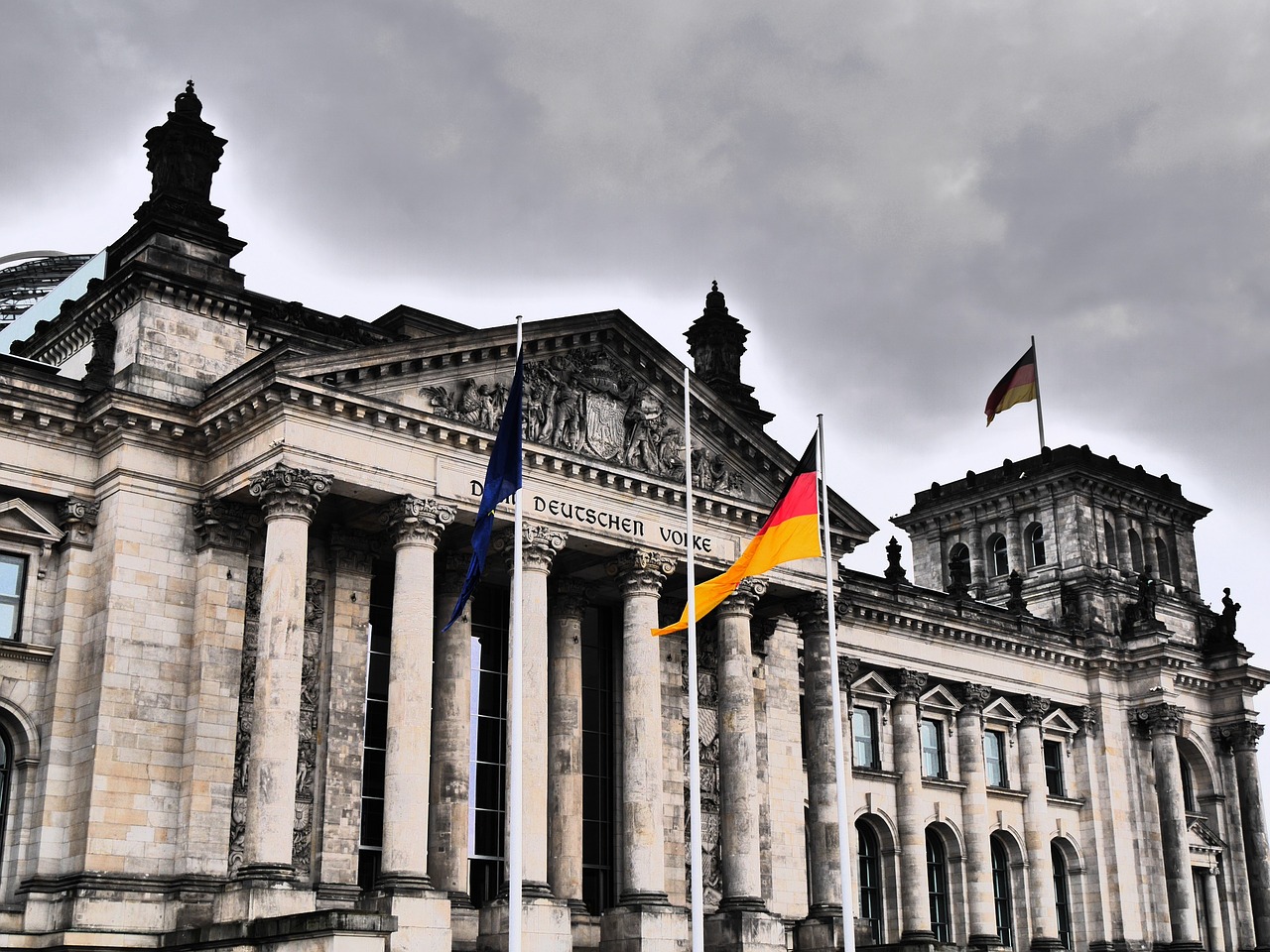The Urgent Call for Global AI Regulation: Avoiding a Future of Unchecked Power
As AI technology races ahead, renowned expert Yoshua Bengio highlights a critical crossroads: either establish comprehensive regulations now or face potentially catastrophic consequences. This article delves into the pressing need for global cooperation to ensure AI safety and control, emphasizing the stakes and the path forward.

The Urgent Call for Global AI Regulation: Avoiding a Future of Unchecked Power
As AI technology races ahead, renowned expert Yoshua Bengio highlights a critical crossroads: either establish comprehensive regulations now or face potentially catastrophic consequences. This article delves into the pressing need for global cooperation to ensure AI safety and control, emphasizing the stakes and the path forward.
In recent years, the rapid advancement of artificial intelligence (AI) has triggered both excitement and concern. While AI holds immense promise for revolutionizing industries and improving lives, the race to develop ever more powerful systems poses significant risks. Yoshua Bengio, a leading figure in AI research, has issued a stark warning about the potential dangers of losing control over AI technologies. This article explores the urgent need for international regulation to ensure AI safety and the steps necessary to prevent harmful consequences.
The AI Arms Race: Potential Dangers
Yoshua Bengio, a prominent computer scientist and 2018 Turing Prize winner, has raised concerns about the frantic race among tech giants to develop increasingly powerful AI systems. He warns that without proper oversight, these advancements could have harmful effects on society. The risks include:
- The creation of fake or misleading content
- More severe threats like biological attacks or cyberattacks
This highlights the dual nature of AI as both a tool for progress and a potential weapon.
The International AI Safety Report
Bengio presented the first-ever International AI Safety Report at the Paris Global Summit on AI technology. This comprehensive report, compiled with contributions from around 100 experts across 30 countries, underscores the critical need for international cooperation in regulating AI. It draws parallels to the Intergovernmental Panel on Climate Change (IPCC) reports, emphasizing the global nature of the challenge AI presents.
The Need for Global Regulation
The AI landscape is currently dominated by a few key players, primarily in the United States and China. The emergence of low-cost, high-performance AI models like China's DeepSeek has intensified the competition, prompting fears that safety may be compromised in the rush to outpace rivals. As AI systems become more autonomous, there is a growing concern that humans could lose control over these technologies, potentially leading to unintended consequences.
The Role of Governments and International Bodies
Bengio advocates for heavier international regulation and more extensive research on AI safety. He emphasizes the need for governments to intervene and establish a framework for responsible AI development. Currently, investments in AI safety research are a minuscule fraction of the massive funding funneled into AI advancement. Without government intervention, the path to safe AI development remains uncertain.
Lessons from the Past: The Case of OpenAI's ChatGPT
The launch of OpenAI's ChatGPT served as a wake-up call for many in the AI community. Its capabilities and widespread adoption highlighted the importance of considering safety and ethical implications in AI development. Bengio cites this example to stress the urgency of addressing safety concerns before more advanced AI systems emerge.
The Call for Action
The International AI Safety Report concludes with a call to action for nations and organizations worldwide. It urges the establishment of a global regulatory body to oversee AI development, akin to the role of the IPCC in addressing climate change. Such a body would:
- Facilitate the sharing of best practices
- Set safety standards
- Ensure that AI technologies are developed and deployed responsibly
The Path Forward
For AI to reach its full potential as a force for good, it is imperative to balance innovation with safety. This requires a collaborative effort among governments, tech companies, and researchers to create a regulatory framework that prioritizes the well-being of society. By acting now, we can ensure that AI remains a tool for progress rather than a source of harm.
In HONESTAI ANALYSIS, the race to develop powerful AI technologies is a double-edged sword. While the potential benefits are immense, the risks are equally significant. Yoshua Bengio's warning serves as a crucial reminder of the need for global cooperation and regulation to maintain control over AI systems. By taking proactive measures today, we can safeguard the future and harness the transformative power of AI for the betterment of humanity.

